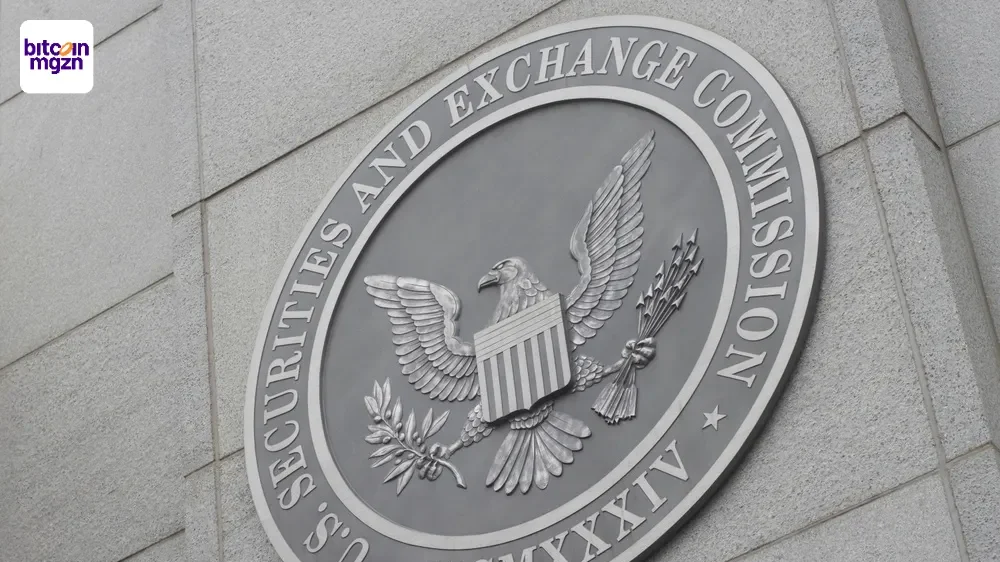The ongoing discourse surrounding cryptocurrency Exchange-Traded Funds (ETFs) has intensified as the U.S. Securities and Exchange Commission (SEC) recently postponed decisions on several high-profile applications. This latest delay, affecting major financial entities like BlackRock and Franklin Templeton, raises critical questions about the regulatory landscape and its implications for the broader crypto market.
Community Concerns Over ETF Delays
Residents and investors within the cryptocurrency community have expressed mixed emotions regarding the SEC’s repeated delays. With the anticipation of regulatory approval seen as a potential catalyst for market growth and stability, the uncertainty provoked by the latest extension has sparked discussions on forums and social media platforms. Many believe that timely approvals could enhance trust in cryptocurrencies, further solidifying their role as a legitimate asset class.
The Specifics of the Delay
This postponement took place on September 10, when the SEC announced that it would not be making decisions on several ETF proposals until later in 2025. BlackRock’s iShares Ethereum Trust, for example, has a new deadline set for October 30, whereas Franklin Templeton’s Ethereum staking ETF has been pushed to November 13. The Solana-based and XRP ETFs are now due for deliberation by November 14.
Unpacking the Reasons Behind Regulatory Hesitation
While the SEC has not publicly elaborated on the reasons for these delays, some speculate that the agency is navigating complex legal frameworks. The recent approval of a Dogecoin ETF, for instance, involved different regulatory considerations than those applicable to Bitcoin and Ethereum ETFs. This hint at a potential shift suggests that the SEC may be reevaluating its criteria for approving securities in the rapidly evolving cryptocurrency landscape.
Broader Impacts of Regulatory Decisions
The implications of these ETF approvals—or the lack thereof—extend beyond the immediate financial context. They are indicative of the ongoing struggle to reconcile innovation in financial technology with regulatory requirements. Approval of these ETFs could pave the way for more institutional investment in digital currencies, fostering further legitimacy and trust in the industry.
Looking Ahead: The Crypto Market’s Future
The ongoing speculation regarding the SEC’s evaluations underscores the significance of these decisions not just for the companies involved, but for the entire cryptocurrency ecosystem. Anticipation remains high among investors and market participants, who are hopeful that a wave of approvals might be in the offing. A streamlined regulatory approach could signal to the market that cryptocurrencies are transitioning toward mainstream acceptance.
In conclusion, the SEC’s decision-making timeline is crucial not only for companies like BlackRock and Franklin Templeton but also for the wider community relying on clarity in the crypto sector. This evolving narrative underscores the interconnectedness of regulation, investment, and innovation in shaping the future of cryptocurrency.


